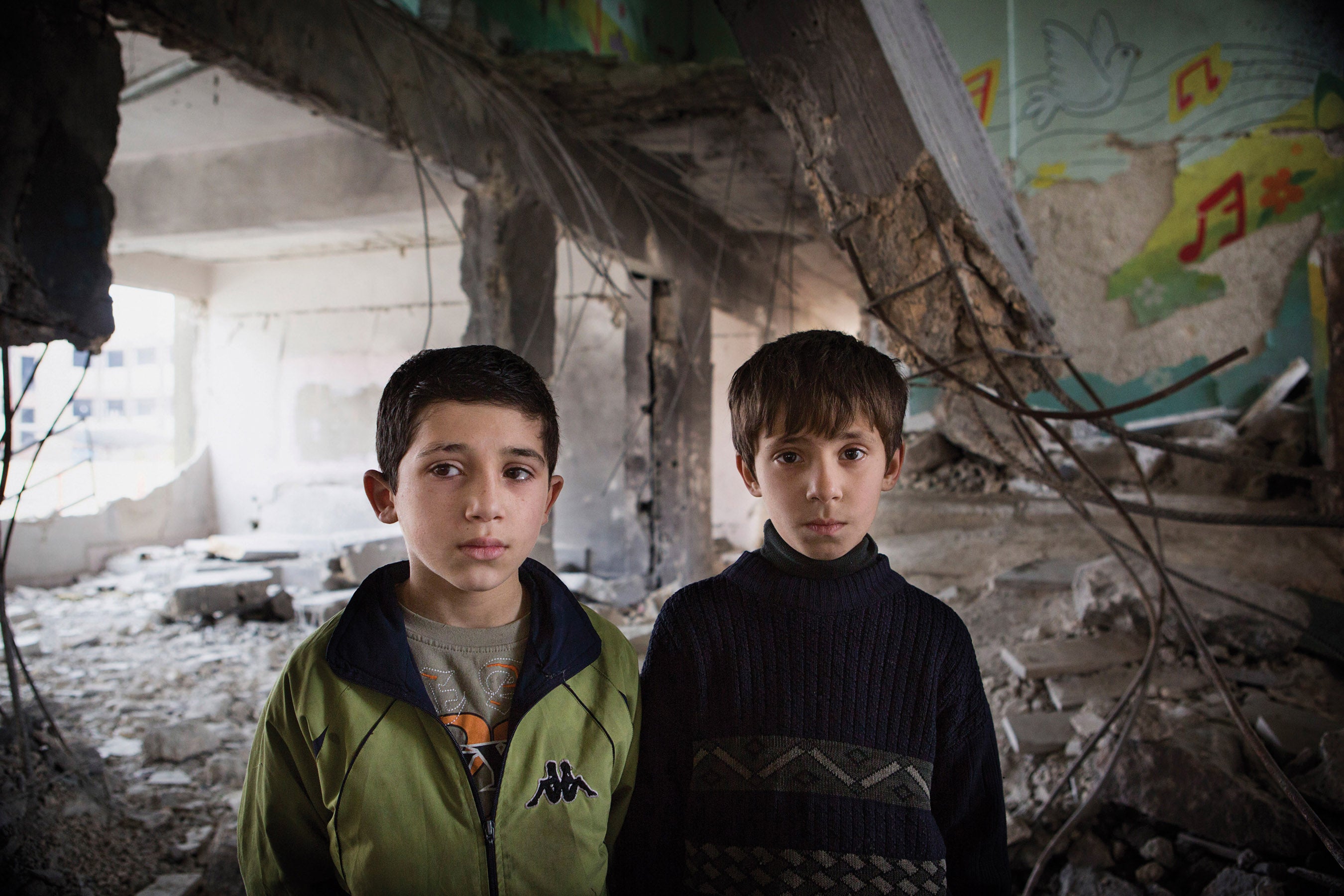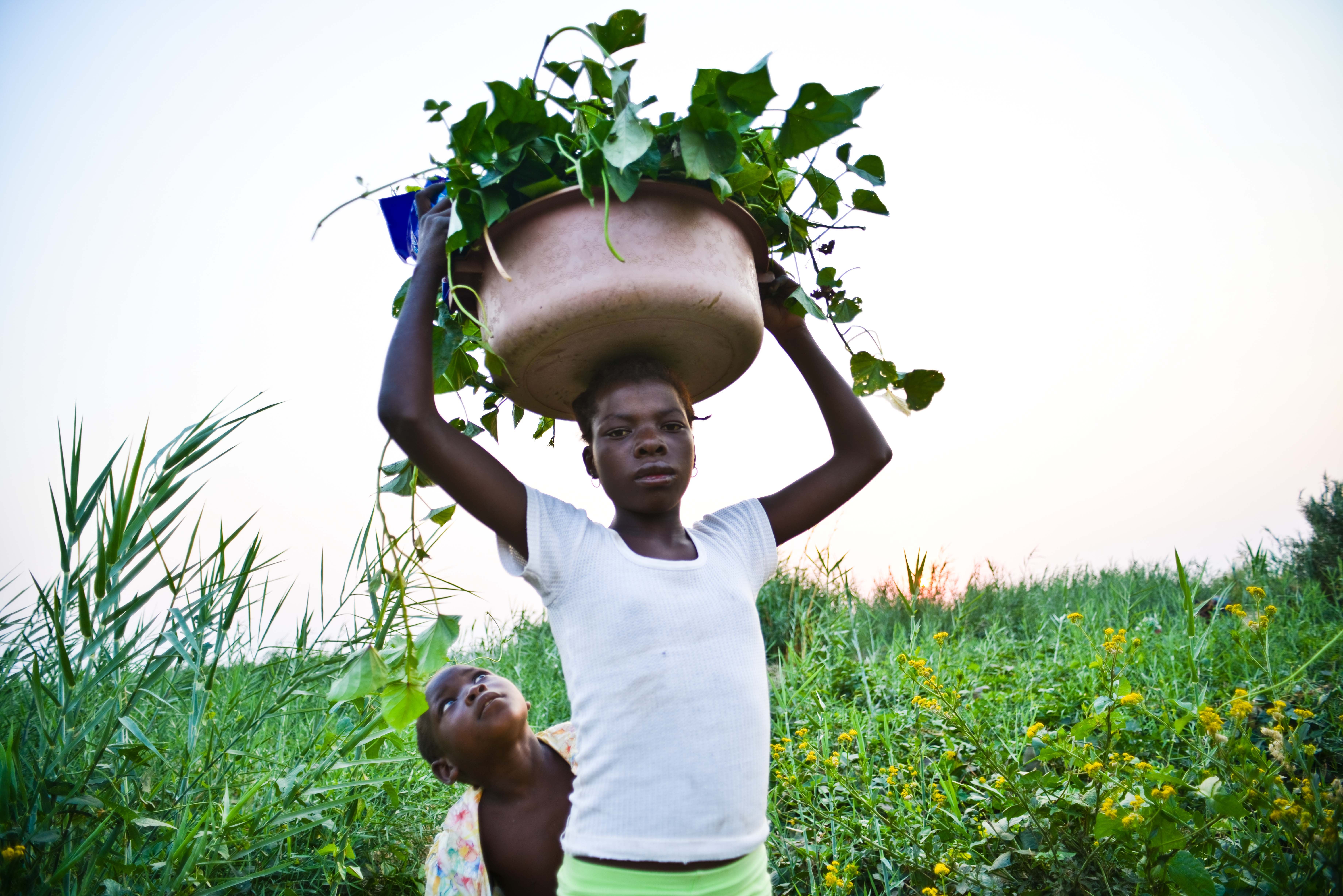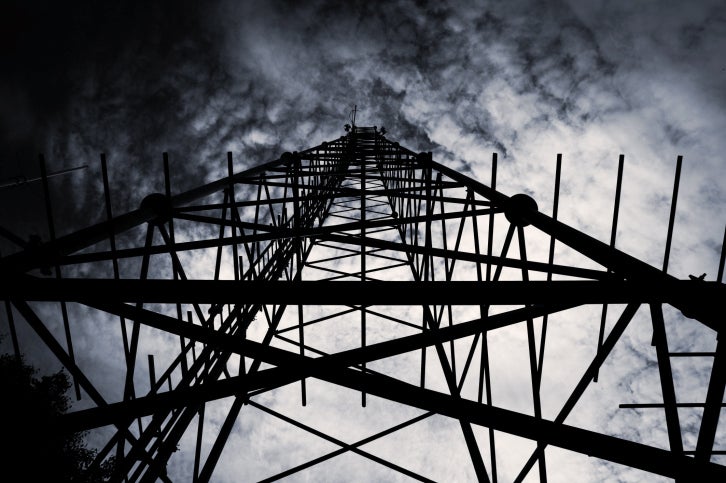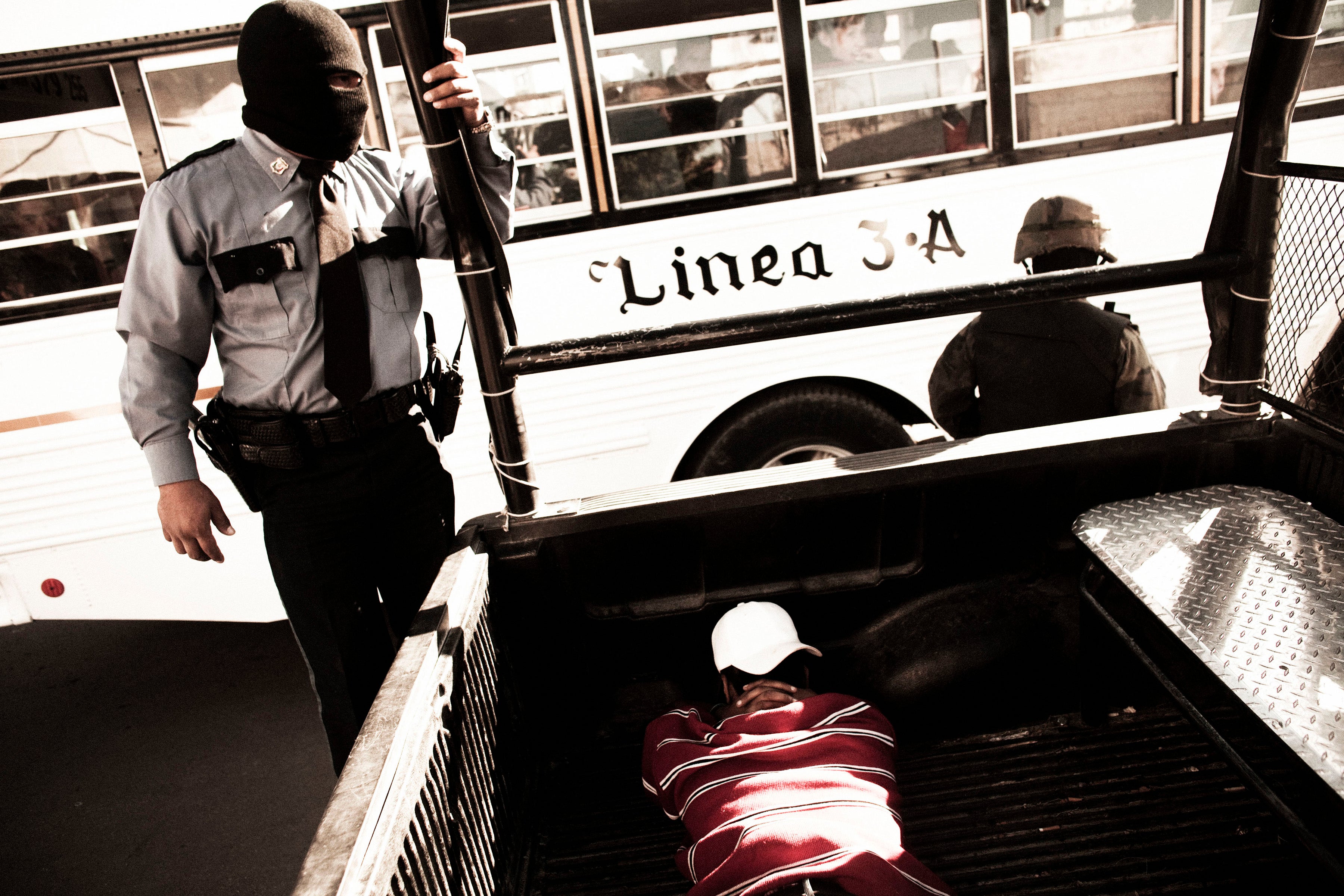Jordan received and hosted hundreds of thousands of refugees fleeing the conflict in Syria in 2013, although the authorities prevented or restricted some from entry. In January, the political wing of the Muslim Brotherhood called for a boycott of the first parliamentary elections held under the amended election law, according to which some seats are elected using party lists. In March, King Abdullah II reappointed Abdullah Ensour as prime minister. Authorities stepped up attacks on independent media, censoring over 260 websites that refused to comply with new government registration requirements.
Freedom of Expression and Belief
Jordanian law criminalizes speech deemed critical of the king, government officials, and institutions, as well as Islam and speech considered defamatory of others. In 2013, the authorities failed to amend the penal code to bring it into compliance with constitutional free speech guarantees strengthened in 2011, and continued to prosecute individuals on charges such as “insulting an official body,” using vaguely worded penal code articles that place impermissible restrictions on free expression.
In October 2012, Jordan’s parliament approved amendments to the Press and Publications Law that require all independent news websites operating within the country to register with the Press and Publications Department, and empower the director of the press department to close down or censor unregistered sites. The amendments also make an electronic publication’s owner, editor-in-chief, and director responsible, along with the author, for comments or posts that users place on its website. They also require the editor-in-chief of each news website to have been a member of the Jordan Press Association (JPA) for four years, although the JPA’s bylaws limit its membership to employees of print publications.
On June 2, 2013, the director of the Press and Publications Department ordered the blocking of over 260 news websites. They had refused to register in protest against the new press law requirements and to preserve their independence. Some blocked news websites registered with the press department in November after losing a lawsuit to overturn the censorship order.
On September 17, police arrested Nidhal al-Fara`nah and Amjad Mu`ala, respectively publisher and editor of the Jafra News website, after it posted a third-party YouTube video that authorities deemed insulting to the brother of Qatar’s ruler. Prosecutors charged both men with “disturbing relations with a foreign state” before the State Security Court, whose judges include serving military officers.
Following a visit in September, United Nations Special Rapporteur on Freedom of Religion or Belief Heiner Bielefeldt praised Jordan as “a safe haven and voice of religious moderation,” but noted that unrecognized religious groups such as Baha’is, Druze, and Evangelical Christians face difficulties adjudicating personal status issues.
In March, prosecutors referred five university students from Al al-Bayt University in Mafraq to the State Security Court on charges of “inciting sectarian or racist strife” and “insulting a religious symbol,” alleging that their style of dress and musical tastes indicated that they were “devil worshippers.” The State Security Court exonerated them on the first charge, but at time of writing they remained on trial before an ordinary court in Mafraq on the second charge, which they deny.
Freedom of Association and Assembly
Since the amended Public Gatherings Law took effect in March 2011, Jordanians no longer require government permission to hold public meetings or demonstrations. However, prosecutors continued to charge protesters with participating in “unlawful gatherings” under article 165 of the penal code.
At time of writing, dozens of cases arising from protest-related incidents in 2011 and 2012 were in process before the State Security Court. In many cases, prosecutors had charged defendants with “subverting the system of governance or inciting opposition to it,” using article 149 of the penal code.
On September 1, Prime Minister Ensour announced that the government planned to amend the State Security Court law to end trials of civilians before the court unless they faced terrorism, espionage, treason, money counterfeiting, or drug charges. This would bring the court into compliance with article 101 of the constitution, which allows military judges to try civilians only for these five groups of crimes; however, as the penal code classifies vaguely worded offenses such as “undermining the system of governance” as terrorism, the court will still be able to try civilians on such charges.
Refugees and Migrants
By November, over 550,000 persons from Syria had sought refuge in Jordan since 2011, according to the United Nations High Commissioner for Refugees (UNHCR). Of these, approximately 113,000 were then housed at the Zatari Refugee Camp in northern Jordan, down from over 200,000 in April, and 4,000 others were at the Emirates-Jordan camp in Zarqa Governorate. Another camp for Syrians was under construction near al-Azraq, east of Amman.
The authorities did not permit entry to all those fleeing Syria’s conflict. In particular, they denied entry, in breach of international law, to Palestinian and Iraqi refugees residing in Syria, single males of fighting age, and people without documents. Human Rights Watch estimates that several thousand have been affected.
In late May, the daily number of Syrian refugee arrivals fell abruptly from over 1,500 to 300 or less. Refugees reported that Jordanian officials had closed the country’s border or imposed a strict limit on refugee entry. Jordanian officials attributed the fall to intense fighting between Syrian government and opposition forces, impeding refugees’ access to the border.
Hundreds of foreign migrants working in the duty-free Qualified Industrial Zones and in agriculture and domestic work complained about labor violations, including unpaid salaries, confiscation of passports, and forced labor. Government inspections and judicial redress remained lax.
Jordan hosted over 70,000 migrant domestic workers in 2013, mostly from the Philippines, Sri Lanka, and Indonesia. Nongovernmental organizations repeatedly referred domestic workers who had suffered multiple abuses to labor ministry investigators but they rarely classified any of them as victims of the crime of trafficking. Instead they treated each aspect of abuse such as non-payment of salaries separately, sometimes even detaining workers for “escaping” employers.
The Rights of Women and Girls
Jordan’s personal status code remains discriminatory despite a 2010 amendment. Marriages between Muslim women and non-Muslims are not recognized. A woman separated from a Muslim husband forfeits her custodial rights after the child reaches seven years old.
Article 9 of Jordan’s nationality law denies women married to foreign-born spouses the ability to pass on their nationality to their husbands and children.
Articles 98 and 340 of Jordan’s penal code, which provide for reduced sentences for perpetrators of “honor crimes,” remained in force. Honor crimes continued to take place in 2013. In one case, local media reported in April that a 25-year-old man in Zarqa Governorate murdered his 20-year-old sister, stabbing her 10 times in the chest, back, and throat, and dumped her body in the desert near their home. The man confessed to the police that he murdered his sister because she repeatedly left the house for long hours.
Torture, Arbitrary Detention, and Administrative Detention
Perpetrators of torture or other ill-treatment continued to enjoy near-total impunity. Credible allegations of torture or other ill-treatment are routinely ignored because it remains up to police, intelligence prosecutors, and judges to investigate, prosecute, and try fellow officers. At the Police Court, where many such cases are heard, two out of three sitting judges are serving police officers appointed by the police. To date, no police or intelligence officer has even been convicted of torture under article 208 of the penal code.
In late March 2013, a public prosecutor investigated the death-in-custody of Sultan al-Khatatba, whom authorities had arrested on a drug possession charge. The public prosecutor recommended that at least six police officers should face charges of torture under article 208, the first such recommendation known. Judicial authorities, however, transferred the case to the police court, which at time of writing had not released any public information on the progress of the case.
Local governors continued to use provisions of the Crime Prevention Law of 1954 to place individuals in administrative detention for up to one year in circumvention of the Criminal Procedure Law. The National Center for Human Rights reported that 12,410 persons were administratively detained, some for longer than one year, in 2012.
Key International Actors
The United States has a memorandum of understanding to provide Jordan with a minimum of US$360 million in economic assistance, and $300 million in foreign military financing annually. The US granted an additional $200 million in 2013 to help Jordan cope with the refugee crisis, and announced plans to increase aid by an additional $340 million in 2014. The US did not publically criticize human rights violations in Jordan in 2013 except in annual reports.
Jordan received a grant from Saudi Arabia of $200 million in February and finalized a deal for a $667 million grant in April as part of a $5 billion aid package pledged to Jordan by Gulf Cooperation Council (GCC) countries in December 2011.
In April, the US military deployed approximately 1,000 soldiers to northern Jordan, as well as scores of F-16 aircraft and patriot missiles, to mitigate the potential spillover effects of the Syrian civil war.
The United Kingdom deported Muslim cleric Abu Qatada to Jordan in July after the two countries signed a mutual legal assistance treaty to facilitate cooperation on criminal matters. The treaty guaranteed deportees from the UK would not face torture or other ill-treatment in Jordan, or face prosecutions based on torture-tainted confessions.




